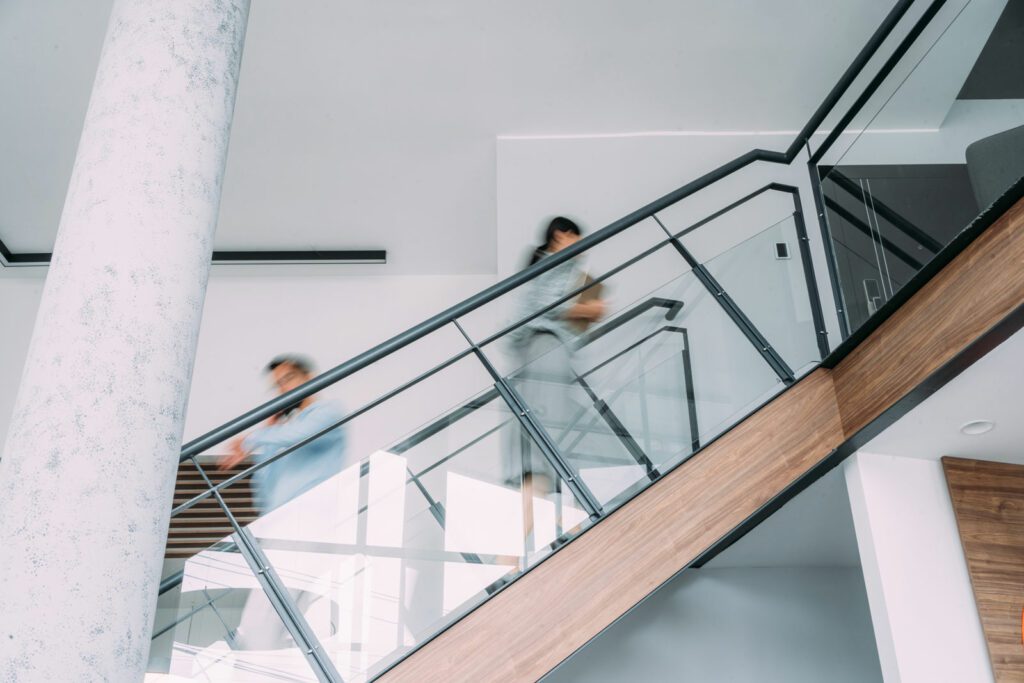
It is fair to say that over the past couple of years, the legal world has experienced significant change. The traditional expectation that everyone is in the office at all times is slowly fading away. It is important for law firms to accommodate these changes in ways that not only offer employees the flexibility to work from home where necessary but also ensure that individuals feel supported in their roles.
For current and prospective trainees, it is important to consider the impact that agile working can have on training. Having joined Michelmores as a trainee solicitor in September 2023, I am now four months into my Training Contract and have found Michelmores to be forward thinking and flexible in its approach to agile working. Michelmores adopts a hybrid-working approach which, broadly speaking, allows its people to guide the approach that works best for the firm and its clients, by giving individuals flexibility to decide when to come into the office and when to work remotely. Having said this, trainees are generally encouraged to come into the office more frequently to support ‘learning through osmosis’ and to assist with integration into the firm, which can often be maximised in person.
As a trainee, it is important to feel supported in order to increase learning potential and develop confidence. Below are some examples of how Michelmores ensures that trainees continue to feel connected to their teams and the wider firm in an age of agile working.
At Michelmores, most teams have anchor days, which are specific days of the week when everyone in a particular team must come into the office. On the other days, employees are given the opportunity to work from home or the office. Anchor days are helpful to maintain a collaborative environment, by promoting open communication and facilitating the sharing of ideas within teams. Exposure to open conversations around work is especially beneficial to trainees for knowledge development and gaining an understanding of various legal issues within matters.
Michelmores provides all incoming trainees with laptops, monitors, and other IT equipment. Trainees are also given extensive training on how to use the systems and various equipment at the beginning of training contracts, such as Teams software. This supports trainees with utilising online platforms to ensure that they can make use of hybrid working patterns where necessary.
Whilst technology assists with remote working, Michelmores invests in its offices to ensure that employees have attractive facilities to use. The Bristol contingent is soon moving to a new office which is currently in the final stages of fit out. The firm has also recently expanded its London premises at 100 Liverpool Street, which is a modern facility with multiple ESG credentials. By investing in offices as well as online platforms, Michelmores encourages employees to work both from the office and from home.
Michelmores implements a one firm approach, which encourages employees to work collaboratively across all offices and departments. This enables trainees to engage multiple expertise across the firm, despite not working in the same location.
Michelmores holds frequent social events, from regular trainee socials to firm wide events such as the annual charity run and the annual ball, which this year is being held at Winslade Manor in Exeter with a New York theme! Social events are important to foster a friendly culture at the firm and help trainees integrate by building positive relationships with colleagues outside of the office.
Overall, my experience as a trainee at Michelmores in an agile working environment has been greatly supported by the various policies and practises offered by the firm. I would encourage current and future trainees to maximise the opportunities that hybrid working presents and to see it as a positive step towards trainee development.